7 Kitchen Items You Should Be Replacing More Often
Your kitchen tools are essential for cooking, but some need to be replaced more often than you might think. From sponges and cutting boards to nonstick pans and coffee makers, replacing these items regularly ensures safety, cleanliness, and efficiency in your kitchen. Learn which items should be swapped out for optimal results.
;Resize,width=742;)
We all have kitchen items that we use daily, but when was the last time you thought about replacing them? Some kitchen tools wear out faster than we think, and keeping them too long can affect both the quality of your food and your health. Here are seven kitchen items you should be replacing more often to keep your kitchen running smoothly and safely.
1. Sponges and Dishcloths

Sponges and dishcloths are breeding grounds for bacteria, especially if they’re left wet and uncleaned. They’re essential for cleaning dishes, countertops, and wiping down surfaces, but they lose their effectiveness and hygiene after a few weeks of use. Replace them every 2 to 4 weeks to avoid spreading germs. Opt for eco-friendly alternatives like dishcloths or natural sponges for a sustainable option.
2. Cutting Boards
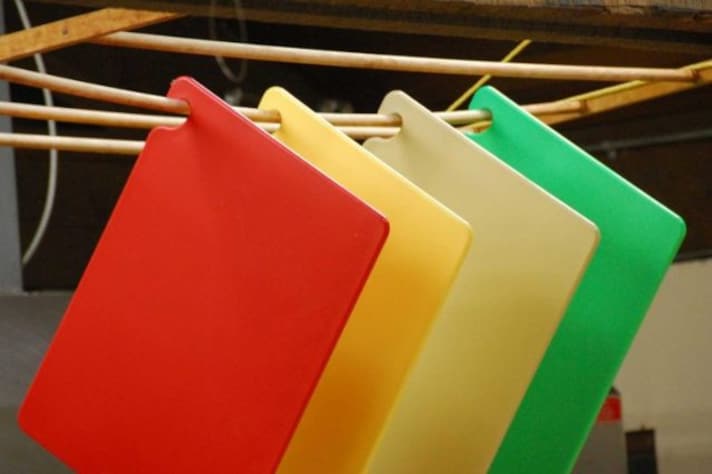
Cutting boards take a lot of abuse—knives slicing through them day after day can leave deep grooves where bacteria and food particles can hide. While wooden boards are durable, they need to be replaced once they show signs of wear, cracking, or warping. Plastic boards should be replaced as soon as they become stained or start to look worn. A general rule: if it’s harder to clean, it’s time to toss it.
3. Knives
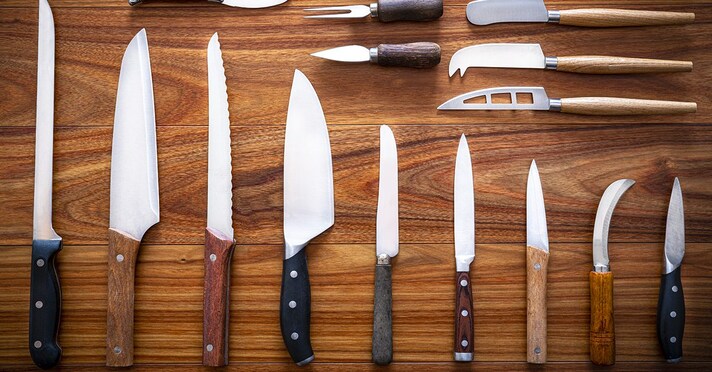
A sharp knife is essential for effective meal prep, but over time, even the best knives lose their edge. When your knives start feeling dull or become harder to use, it’s time to either sharpen them or replace them. Dull knives can be dangerous, causing slips and uneven cuts. Investing in good-quality knives and replacing them when necessary ensures safety and precision in the kitchen.
4. Nonstick Pans
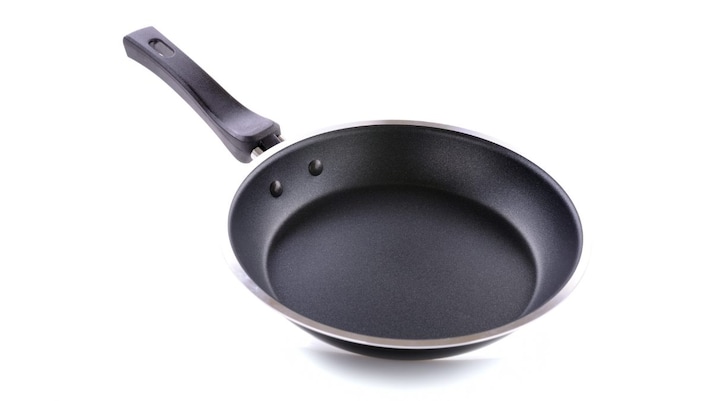
Nonstick pans make cooking a breeze, but over time, the coating on these pans can wear off or get scratched, releasing harmful chemicals. It’s best to replace nonstick pans every 3 to 5 years, especially if the coating begins to flake. Stick to pans that are free from PFOA and PTFE to ensure you’re cooking in the healthiest way possible.
5. Coffee Makers
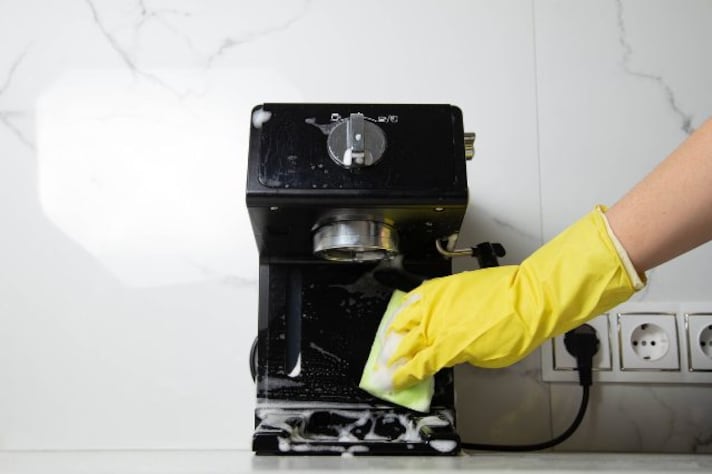
Coffee makers can collect mineral buildup, oils, and bacteria, even if you clean them regularly. If you notice your coffee doesn’t taste as good as it used to or your machine is working less efficiently, it might be time to replace it. Many coffee makers last between 2 to 5 years, depending on usage. Regular descaling and cleaning can extend their lifespan, but once it’s on its last leg, consider upgrading for a better brewing experience.
6. Cutting Knives
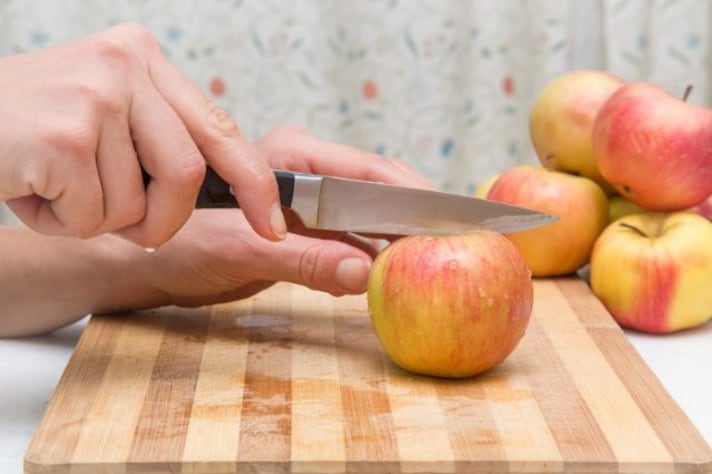
While we all know to replace dull knives, don’t forget about your smaller cutting tools, like serrated knives or paring knives. Over time, these tools can also lose their sharpness or get damaged. If you’re struggling to slice through tomatoes or fruits with ease, it’s a good sign your knives need replacing or sharpening. Sharp, precise cutting tools improve your cooking speed and quality.
7. Trash Bags

This might sound simple, but the trash bags we use in the kitchen aren’t immune to wear and tear either. Over time, they can get weaker and start breaking or leaking. It’s crucial to replace your trash bags regularly to avoid spills, messes, and odors. Investing in thicker, more durable bags ensures you’re keeping your kitchen clean and hygienic.
Why These Replacements Matter
Replacing these kitchen essentials more often ensures you’re cooking and living in a clean, safe, and efficient environment. Regularly swapping out worn items helps prevent bacteria buildup, food contamination, and inefficiency in your kitchen. It’s a small effort that can make a big difference in your daily life, especially when it comes to maintaining health standards and improving cooking results.
Final Thoughts
Keeping your kitchen stocked with clean, efficient, and safe tools is key to making cooking easier and more enjoyable. By replacing these essential items regularly, you can ensure that your kitchen stays in top shape, making every meal prep session smoother, healthier, and more successful.
;Resize,width=767;)
;Resize,width=712;)

;Resize,width=712;)
